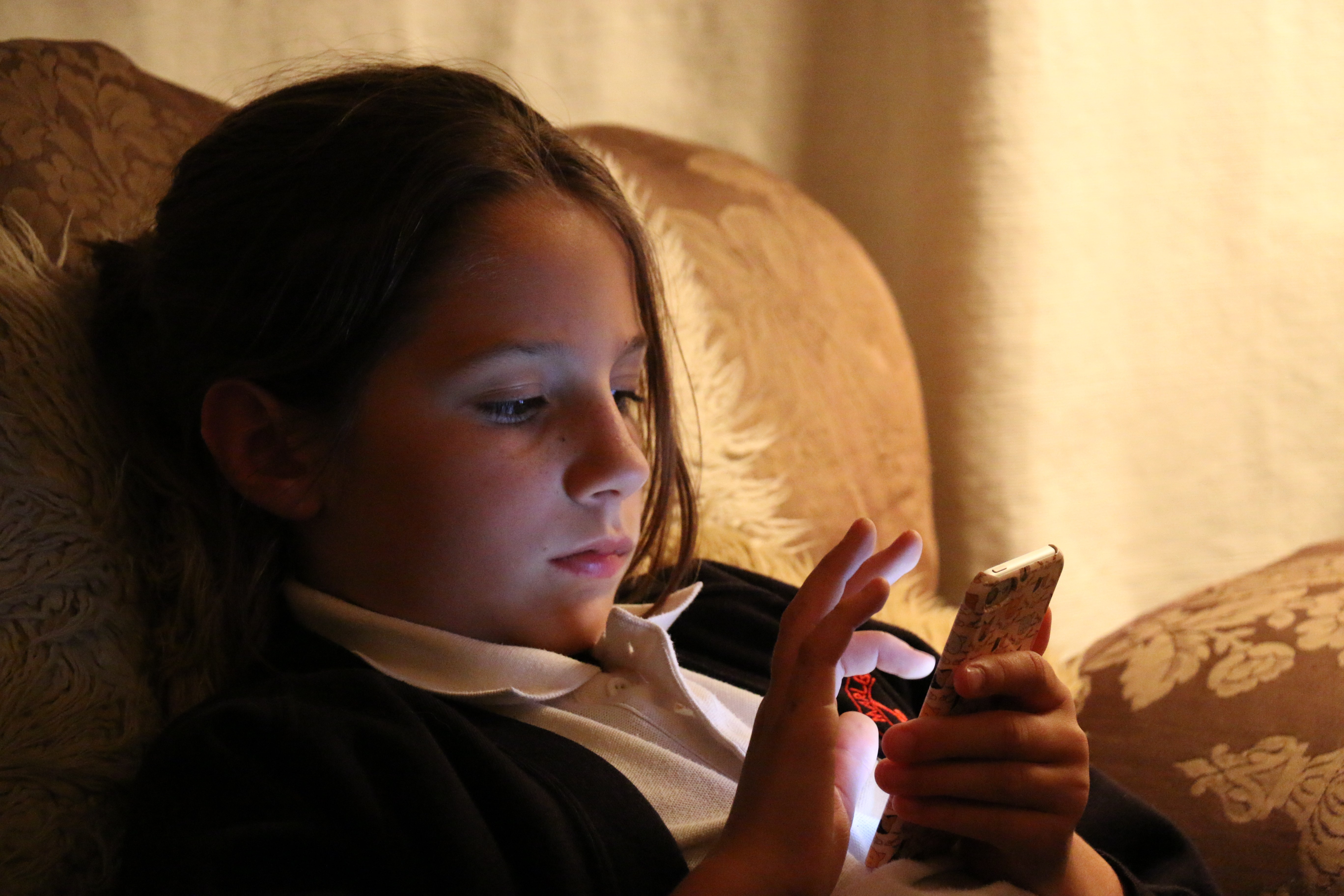My daughter died at 13 feeling worthless – social media played its part and now I want answers

Our family’s anguish and our search for answers led us to Molly’s social media accounts (Picture: Ian Russell) Two years ago, my family lost our beloved youngest daughter. In the early hours of Tuesday November 21, 2017, Molly took her own life, just days before her 15th birthday. Adored as a friend, sister, daughter and granddaughter, Molly had showed no obvious signs of mental anguish. Finding her lifeless body on what we thought was just an ordinary weekday morning left us not only confronted by the onslaught of raw grief, but also left us with more devastating emotions. Our unimaginable shock and horror was supplemented by the realisation we had not known Molly had been so unwell, and had been unable to help her. We couldn’t comprehend what had happened. Above all, we couldn’t understand why. On social media, Molly entered a world which was sadly full of other struggling people Our family’s anguish and our search for answers led us to Molly’s social media accounts. We found typical things you would expect of a 14-year-old: school friends, pop groups and celebrities. But we were also shocked to discover bleak, depressive material, graphic self-harm content, and suicide-encouraging memes. Content that surely has no place on platforms used by the young and vulnerable. I’m in no doubt that this harmful social media content played a role in taking Molly away from us. My question is, why is it allowed to be there – even now, two years after my daughter died? This is why I’m backing the Royal College of Psychiatrists’ call for serious action, to protect others from harmful content online. The College is calling for the new independent online safety regulator, who will be appointed by the government in April, to have powers to compel social media companies to share anonymised data. This information would mean that universities can finally properly research the benefits and harms of online platforms. Social media’s pushy algorithms pulled Molly further into this digital life, and kept feeding harmful content to her The government’s plan to introduce a two per cent tax levy on overseas tech companies’ UK revenue is welcome but should go further, and apply to their international turnover. This could fund research, and provide training for clinicians, teachers, and others working with children and young people. On social media, Molly entered a world which was sadly full of other struggling people, that grew in importance to her. Social media’s pushy algorithms pulled Molly further into this digital life, and kept feeding harmful content to her. Her teenage view of the world became fatally distorted. The posts she saw would have normalised, encouraged and escalated her depression, isolated her and persuaded her to hide her problems from those around her, those who could help Molly find the professional care she needed. In a note Molly left, she described her feelings with heart-breaking clarity: ‘I’m the weird sister, quiet daughter, depressed friend, lonely classmate. I’m nothing, I’m worthless, I’m numb, I’m lost, I’m weak, I’m gone. I’m sorry. I’ll see you in a little while. I love you all so much. Have a happy life. Stay strong xxx.’ Life has never been the same since suicide unexpectedly ripped Molly away If only she could have shared such thoughts with someone who could have helped, instead of being immersed in a world which wrongly convinced her she had no hope.
We still don’t fully understand how social media affects us. Evidence on what effect these platforms and other technologies have on mental health is scarce, particularly on the context and content of what is viewed, not just the time spent. Despite monstrous amounts of data collected, and sold, by companies, it’s difficult for academics to obtain accurate data on the use of social media. We will never be able to understand the risks and benefits of social media unless the likes of Twitter, Facebook, Instagram and Snapchat share their data with researchers. For us, life has never been the same since suicide unexpectedly ripped Molly away. We need support so we all can better understand the effect social media has on mental health, so that there are fewer Mollys to mourn.
[“source=metro”]




